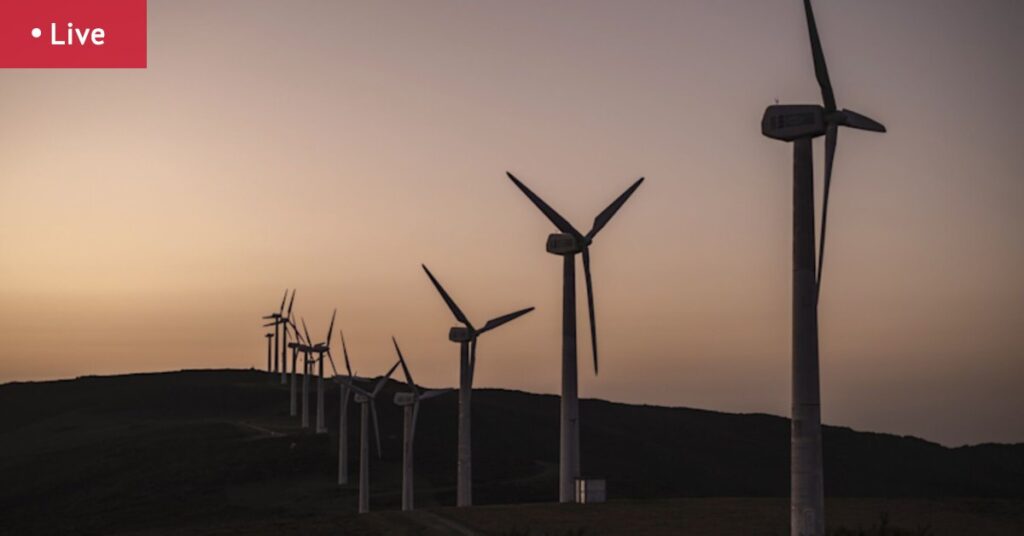
The Australian government has successfully passed significant environmental reforms in the Senate, backed by the Greens, despite political tensions and concerns from the business community. Prime Minister Anthony Albanese announced the deal, highlighting a commitment to prioritize environmental protection. However, the opposition leader, Sussan Ley, disputes claims that Albanese offered to meet her for discussions.
During a press conference, Albanese stated, “I offered to meet with Sussan Ley, and that wasn’t taken up, that offer … I made it very clear in the first meeting that I had with Sussan Ley that this was a priority.” In contrast, a spokesperson for Ley accused the Prime Minister of being “characteristically tricky,” asserting that no such offer was made regarding the Environmental Protection and Biodiversity Conservation (EPBC) Act negotiations.
Political Divide and Legislative Details
The passage of the environmental laws marks a pivotal moment in Australian politics, with the Coalition expressing skepticism over the concessions made to the Greens. Liberal Senator Andrew Bragg voiced concerns on Sky News, stating, “The government have done a deal with the Greens. We have no idea what the deal entails, because we haven’t seen any of the amendments.”
Bragg further criticized the government for not addressing issues such as housing and energy infrastructure approvals, which he argued could have facilitated a deal with the Coalition. Meanwhile, the Greens have celebrated the agreement, emphasizing their role in halting expedited approvals for fossil fuel projects and curbing native forest logging.
Environmental Groups’ Reactions
Conservation groups have largely welcomed the reforms, though they urge further action to protect nature. The Climate Council praised the laws for strengthening forest protection and promoting renewable energy but criticized the government for allowing new coal and gas projects. The World Wildlife Fund for Nature (WWF) commented, “Nature now has a fighting chance,” yet stressed the need for more robust climate protections.
“Environmental protection laws have one job: to protect the environment,” Greenpeace stated. “Significant progress on nature protection signalled in the agreement today is very welcome, but must be followed up by strong implementation and ending the expansion of fossil fuels.”
Economic Implications and Business Concerns
The business community has expressed apprehension about the deal with the Greens, fearing potential impacts on investment certainty. The Business Council of Australia had previously advocated for a Coalition deal to ensure stability. Environment Minister Murray Watt assured that business concerns were considered, stating, “This package takes the environment a long way further, but it also takes things further forward for the business community and speeding up approvals.”
Prime Minister Albanese defended the agreement, emphasizing that it balances environmental and economic interests. “This is a good deal. This is consistent with the principles that we went into those negotiations with this had to be a good outcome for the environment and a good outcome for business,” he remarked.
Greens’ Perspective and Future Challenges
Greens leader Larissa Waters expressed pride in the party’s achievements but criticized Labor for insufficient climate action. “We are incredibly disappointed that this government still refuses to tackle the climate crisis in our environmental laws and we will keep pushing,” she said.
Greens environment spokeswoman Sarah Hanson-Young highlighted the party’s success in negotiations, stating, “We’ve put a stop to the fossil fuel industry getting fast track and easy access to environmental approvals.” She emphasized the Greens’ commitment to achieving tangible outcomes for the planet and people.
Looking Ahead
As the reforms take effect, the government faces the challenge of implementing the new laws while addressing ongoing concerns from both environmental advocates and the business sector. The political landscape remains tense, with the Coalition and Greens maintaining divergent views on the path forward for Australia’s environmental policy.
Prime Minister Albanese remains hopeful for broader support, expressing a desire for the Coalition to back the legislation in the Senate. “I must say that the Greens showed maturity in that there are a range of the things that they wanted they didn’t get,” he noted, acknowledging the complexities of the negotiations.
The passage of these reforms marks a significant step in Australia’s environmental policy, yet it underscores the ongoing debate over balancing ecological protection with economic growth. As the nation moves forward, the government’s ability to navigate these challenges will be crucial in shaping Australia’s environmental and economic future.





